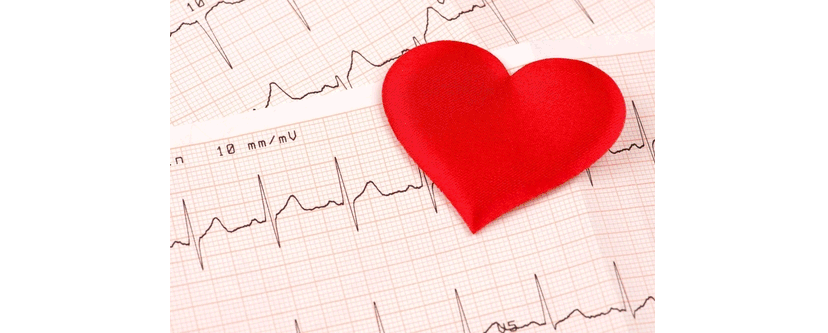March 16, 2021
(LOS ANGELES) – Every year, about 805,000 Americans have a heart attack and of these about 1 in 5 is a silent heart attack where the person is not even aware of it. During a heart attack, there is a period in which the heart is without a sufficient supply of oxygen. As a result, there may be damage to some cardiac tissues. Following the event, there may be enough damage in the heart to show long-term symptoms as chest pains, arrhythmia and a weakened ability of the heart to pump blood. In severe cases, there may be significant blood pressure changes or the heart can fail completely.
Regenerative cardiac tissue implants may help to restore the cardiac function that is lost after a heart attack. The Terasaki Institute for Biomedical Innovation’s tissue engineering team, led by Dr. Samad Ahadian, are working on ways to develop these tissues for successful implantation and regeneration. The team is working on optimizing the structure of cardiac tissue implants for secure placement onto the heart in a minimally-invasive manner. They are also devising a way for the implants to deliver oxygen to the site for maximum enhancement of tissue regeneration.
Another group of scientists at the Institute is working on a different project to enhance cardiac health. Dr. Ali Khademhosseini and his colleagues are developing a laboratory model using readily-available human cells that can accurately reproduce heart and liver tissue models in human. This organ-on-a-chip model could be used for rapid and inexpensive screening of various chemotherapeutic drugs to measure their toxicity on different organs.
Using this model for drug screening would eliminate the need for costly and lengthy testing in animals. It would also provide a means of customized assessment of the drug’s effects on individual patients by using the patients’ own cells in the chip system.
Because there are many FDA-approved chemotherapeutic drugs on the market whose effects on the heart and liver are not fully known or can vary among individuals, the heart-liver chip system being developed at the Institute can offer significant advantages in treating cancer patients.
Source: CDC

